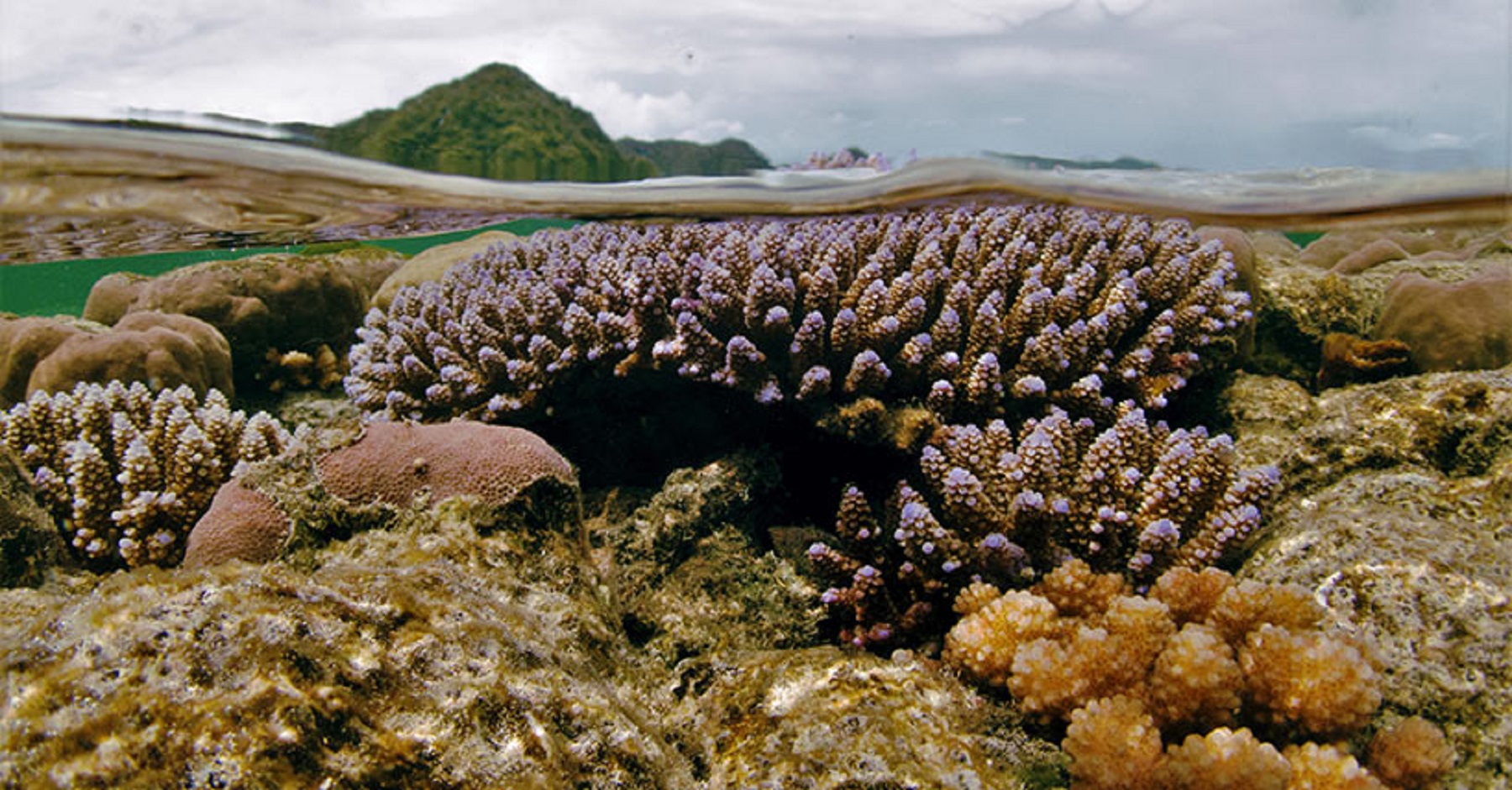The Coralassist Lab collaborates with international experts to build capacity of local workforce for coral restoration
Researchers from Newcastle University's Coralassist Lab led a workshop to train 22 reef stakeholders in different coral outplanting techniques, and outplanted 12,000 selectively bred, heat-tolerant corals on a degraded reef in Palau
22 August 2025
Researchers from Newcastle University's Coralassist Lab led a workshop to train 22 reef stakeholders in different coral outplanting techniques.
Coral reefs around the world are experiencing severe declines due to climate change and marine heatwaves, which trigger widespread coral bleaching and mortality. While many countries are scrambling to cope with these impacts, Palau is in a unique position. Its reefs have not experienced severe mass bleaching since 1998, offering a rare opportunity to act proactively and develop the necessary skills and techniques to be ready to respond when the next mass coral bleaching event occurs. In this context, the Palau International Coral Reef Center (PICRC) recently hosted the “Workshop on Building Capacity for Climate-Smart Adaptive Reef Management in Palau,” an unprecedented gathering that brought together several international organizations and local stakeholders for five days of learning about coral restoration techniques from July 14 - 18, 2025.
State rangers, agency representatives, tourism operators, and coral practitioners received training in coral restoration methods developed by leading organizations, including the Coralassist Lab at Newcastle University, the Coral Nurture Program from Australia, SECORE International, MARS Sustainable Solutions, and the Horniman Museum and Gardens in London. These groups are at the forefront of global efforts to safeguard coral reef health in the face of major threats posed by climate change. “The week of training was amazing. I learned a lot through the different experts as well as the PICRC employees and I look forward to more,” remarked Jason Bells, a Ngaraard state ranger.
Thanks to the visiting experts, the 22 participants practiced using Coralclips® to re-attach fallen coral fragments to the substrate, giving them another opportunity to grow. They also learned how to restore rubble beds by deploying artificial reef structures known as Mars Stars, to which coral fragments had previously been attached. Additionally, participants were trained in the outplanting of substrate devices carrying juvenile corals, designed by the Coralassist Lab and SECORE International to boost their survival and growth rates. Experts from the Horniman Museum and Gardens also provided examples of techniques to improve coral sexual propagation by using natural grazers, such as sea urchins, to control the proliferation of algae that can overgrow corals. On July 16 - 17, the visiting demonstrators also held public night lectures, opening their knowledge and experiences to a wider audience in Palau. These sessions gave community members the chance to learn about coral restoration work, ask questions directly to international experts, and understand how global innovations can be adapted to protect Palau’s reefs.
The workshop’s activities directly contributed to restoration efforts on damaged reefs in Koror and Ngaraard State. Experts and participants installed 125 substrate devices and about 2,000 coral fragments (in 99 Mars Stars and 450 Coralclips®) throughout the week. In addition, PICRC’s and The Coralassist teams outplanted another 1,600 substrate devices containing up to 12,000 selectively bred coral juveniles with potential heat tolerance, taking important first steps towards testing climate-smart, adaptive reef management strategies in Palau. “This has been a valuable opportunity to turn cutting-edge research on coral heat stress tolerance into action by equipping local reef users with the latest tools and techniques to proactively manage reefs in a changing climate”, stated Dr. Adriana Humanes of the Coralassist Lab, lead scientist on the project.
As a result of the workshop, Palau now has an empowered and skilled local workforce ready to support reef recovery when needed. The event also fostered lasting partnerships between local and international coral conservation agents, relationships PICRC intends to strengthen. “Thank you all for your effort in teaching how to save our reef for the next generation,” stated Dudley Ililau, an Airai state ranger. These activities are part of a two-year project led by PICRC to develop a Climate-Smart Adaptive Reef Management framework for Palau. PICRC extends its sincere gratitude to Newcastle University, The Nature Conservancy, and the Resilient Reefs Initiative, led by the Great Barrier Reef Foundation, for their invaluable support in funding and developing this project.
